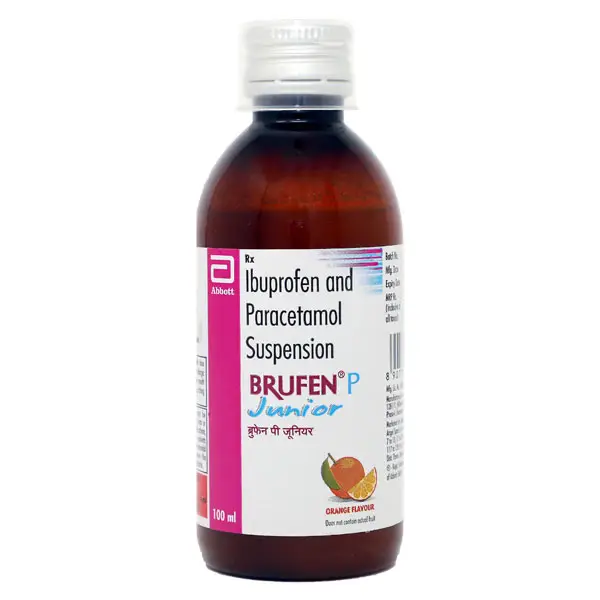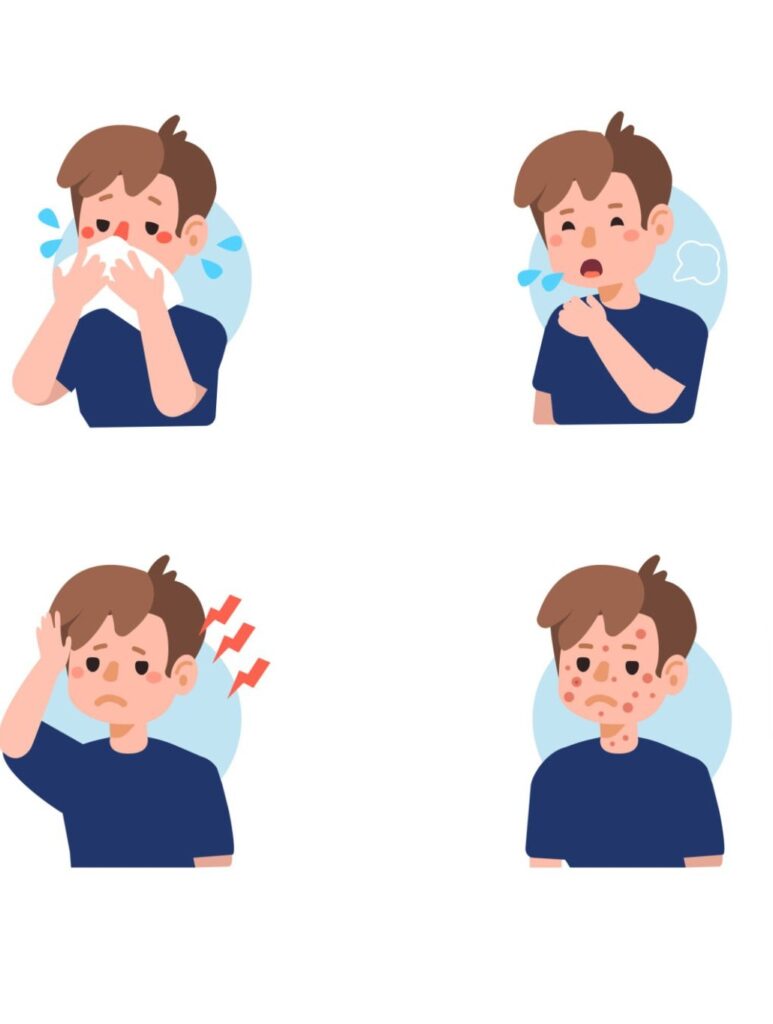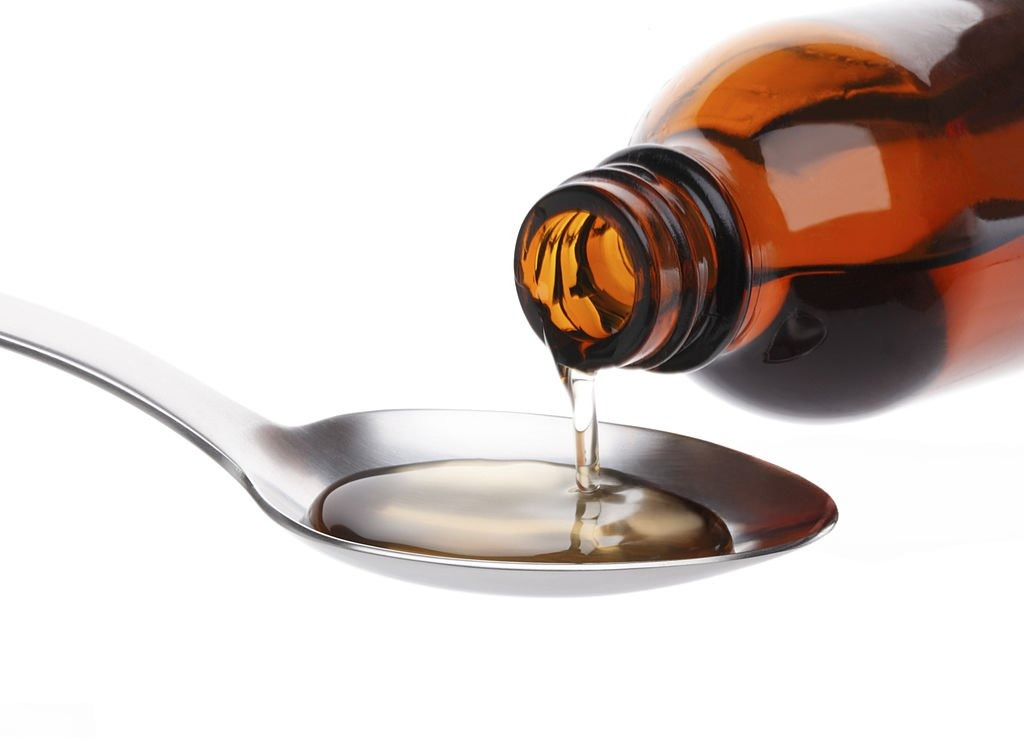Table of Contents
Introduction
As parents, we know how distressing it can be to see our little ones feeling unwell, especially when they have a fever. Fever in babies is a common symptom that can be caused by various illnesses, ranging from a simple cold to more serious infections. When your baby is running a fever, it can be tough to watch them suffer, but there’s good news – Baby Fever Syrup can help provide quick relief.
In this article, we’ll explore how Baby Fever Syrup works, its benefits, usage, and important safety considerations. Understanding how this remedy can alleviate your baby’s discomfort can provide peace of mind and make the process of caring for your feverish baby much easier.
What Is Baby Fever Syrup?
Fever Syrup is a specially formulated medication designed to help reduce fever in infants and toddlers. This syrup contains ingredients like paracetamol or ibuprofen, which are common fever-reducing agents. It is important to choose a Baby Fever Syrup that is safe for your child’s age and weight to ensure effective and safe treatment.
The syrup is easy to administer, making it a popular choice for parents when dealing with a feverish baby. Unlike tablets or other forms of medication, the liquid form of Baby Fever Syrup is much easier to swallow for younger children, providing a more convenient option.
How Does Baby Fever Syrup Work?
Fever Syrup works by targeting the body’s temperature regulation system, helping to bring down high body temperature. Fever is often a sign that the body is fighting off an infection, and while it can be uncomfortable for your baby, it’s usually not a cause for alarm. The active ingredients in baby fever Syrup help lower the body’s temperature to a safer level, providing your baby with relief from fever symptoms.
The key ingredients in most Baby Fever Syrups include:
- Paracetamol (Acetaminophen): A common pain reliever and fever reducer that works by blocking the production of chemicals in the brain that cause pain and fever.
- Ibuprofen: A non-steroidal anti-inflammatory drug (NSAID) that reduces inflammation and lowers fever by blocking specific enzymes involved in the body’s inflammatory response.
These ingredients work together to safely bring down the fever and ease any discomfort your baby may be experiencing.

Benefits of Baby Fever Syrup
Using Fever Syrup comes with numerous benefits, especially for parents looking for quick and effective relief for their child. Here are some of the top advantages of using this remedy:
1. Quick Relief for High Fevers
Fever can make your baby uncomfortable and irritable. Fever Syrup provides fast relief by reducing their body temperature, helping them feel more comfortable within a short time. This is especially helpful during nighttime when a fever spikes unexpectedly.
2. Easy Administration
One of the biggest advantages of Fever Syrup is that it’s easy to give to your baby. Unlike tablets or capsules, syrup can be given with a spoon, dropper, or syringe, making it a preferred method for younger children who have difficulty swallowing pills.
3. Safe and Effective
Most Fever Syrups are specially formulated for infants and toddlers, ensuring that the ingredients are safe and effective for babies. Always choose a syrup that is approved by pediatricians and contains the appropriate dose for your baby’s age and weight.
4. Helps Alleviate Other Symptoms
In addition to reducing fever, some Fever Syrups also contain pain relievers, which can help ease other symptoms like headaches or body aches that often accompany a fever. This multi-symptom relief can make your baby feel better faster.

How to Use Baby Fever Syrup Safely
While Baby Fever Syrup is effective, it’s important to follow the correct dosage instructions to ensure safety. Here are a few tips for using Baby Fever Syrup:
- Check the Label: Always check the packaging for the recommended dosage based on your baby’s weight and age. Overdosing can cause harm.
- Use the Right Measuring Tool: Always use the dropper or dosing syringe that comes with the syrup for accurate measurement. Never use a household spoon, as it may not give the correct dose.
- Monitor Temperature Regularly: Keep track of your baby’s fever and ensure the temperature is dropping after administering the syrup. If the fever persists for more than 24 hours, consult a pediatrician.
- Consult Your Doctor: If your baby is under three months old or if the fever is unusually high (above 104°F or 40°C), contact your doctor immediately for advice on treatment.

When Should You Use Baby Fever Syrup?
While Fever Syrup can help manage a fever, it’s important to know when it is appropriate to use it. Generally, fever in babies under three months requires medical attention, so don’t hesitate to consult a doctor if your newborn has a fever. For older infants and toddlers, Fever Syrup can be used when:
- Your baby’s temperature is above 100.4°F (38°C).
- Your baby seems uncomfortable, fussy, or lethargic due to the fever.
- The fever is accompanied by mild symptoms like a cough, sore throat, or congestion.
- You’ve already tried other methods of cooling down your baby, like removing extra layers or using a cool washcloth.
In all cases, it’s important to monitor your baby closely and consult a healthcare provider if you have any concerns.
Things to Keep in Mind
Although Baby Fever Syrup is generally safe, there are a few things you should always be aware of to avoid complications:
- Allergies and Sensitivities: Check if your baby is allergic to any ingredients in the syrup. If your baby has had a negative reaction to any fever-reducing medicine before, consult your doctor before using the syrup.
- Proper Storage: Keep Baby Fever Syrup in a cool, dry place and out of reach of children to prevent accidental overdose.
- Never Mix Medications: If your baby is already taking other medications, speak to a healthcare provider before combining them with Baby Fever Syrup.
Conclusion
Fever Syrup is a quick and effective solution for reducing fever in babies, offering fast relief from the discomfort that often accompanies a fever. By choosing the right syrup and following the recommended dosage, you can help your baby feel better quickly. Always remember to consult your pediatrician if you’re unsure or if the fever persists.
Frequently Asked Questions
How does Fever Syrup work?
Baby Fever Syrup works by using ingredients like paracetamol or ibuprofen to lower the body temperature and reduce discomfort. It provides fast relief from fever and associated symptoms.
How often can I give Fever Syrup to my baby?
You should follow the dosage instructions on the packaging or as advised by your pediatrician. Generally, it can be given every 4–6 hours, but never exceed the recommended dose for your baby’s age and weight.
Is Fever Syrup safe for infants?
Yes, Baby Fever Syrup is formulated for infants and toddlers. However, always check the label for age-appropriate usage, and consult your pediatrician if you’re unsure about the dosage for your baby.
Can I use Fever Syrup if my baby has other health conditions?
If your baby has underlying health conditions, consult with your pediatrician before administering Baby Fever Syrup. Some conditions may require special consideration when using fever-reducing medications.
How do I know if Fever Syrup is working?
You should start seeing a decrease in your baby’s fever within 30 minutes to an hour after administering the syrup. If the fever persists or your baby becomes more uncomfortable, consult your doctor.



